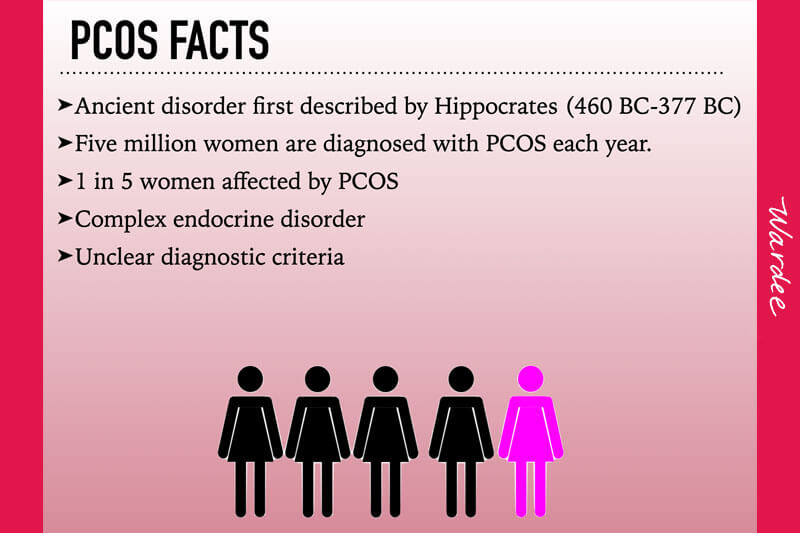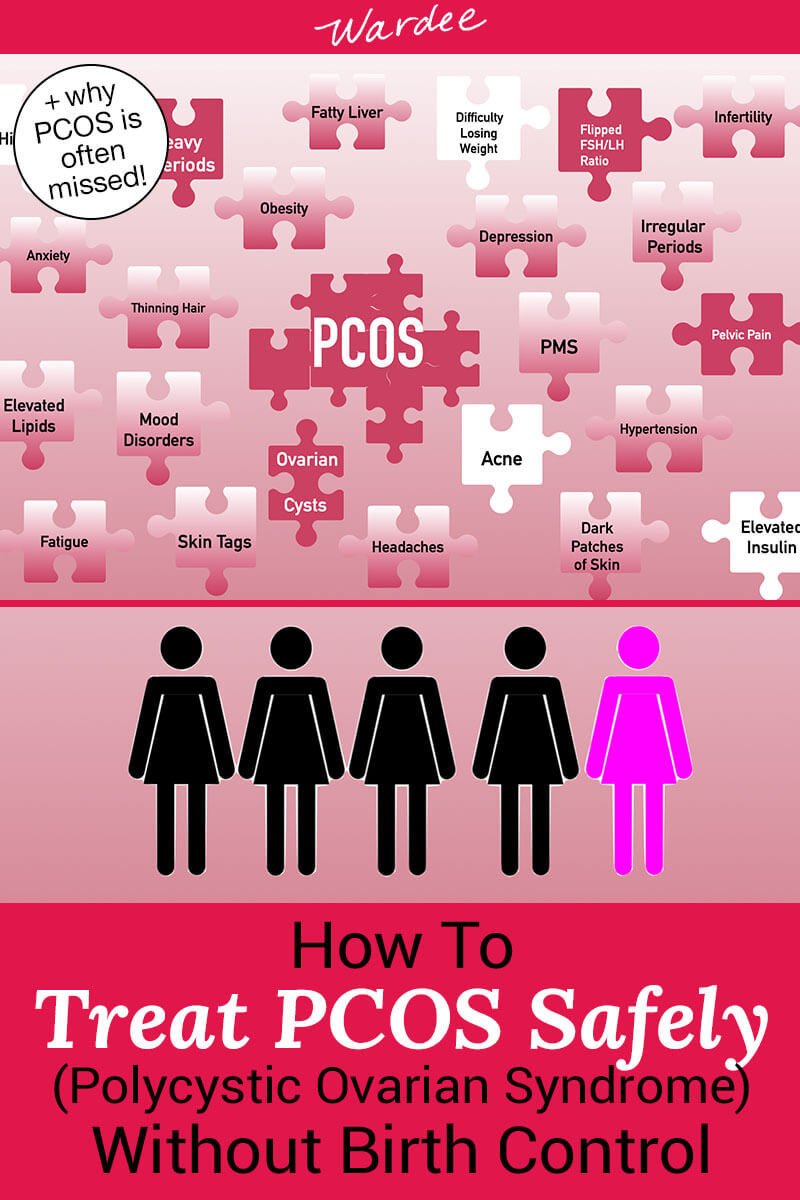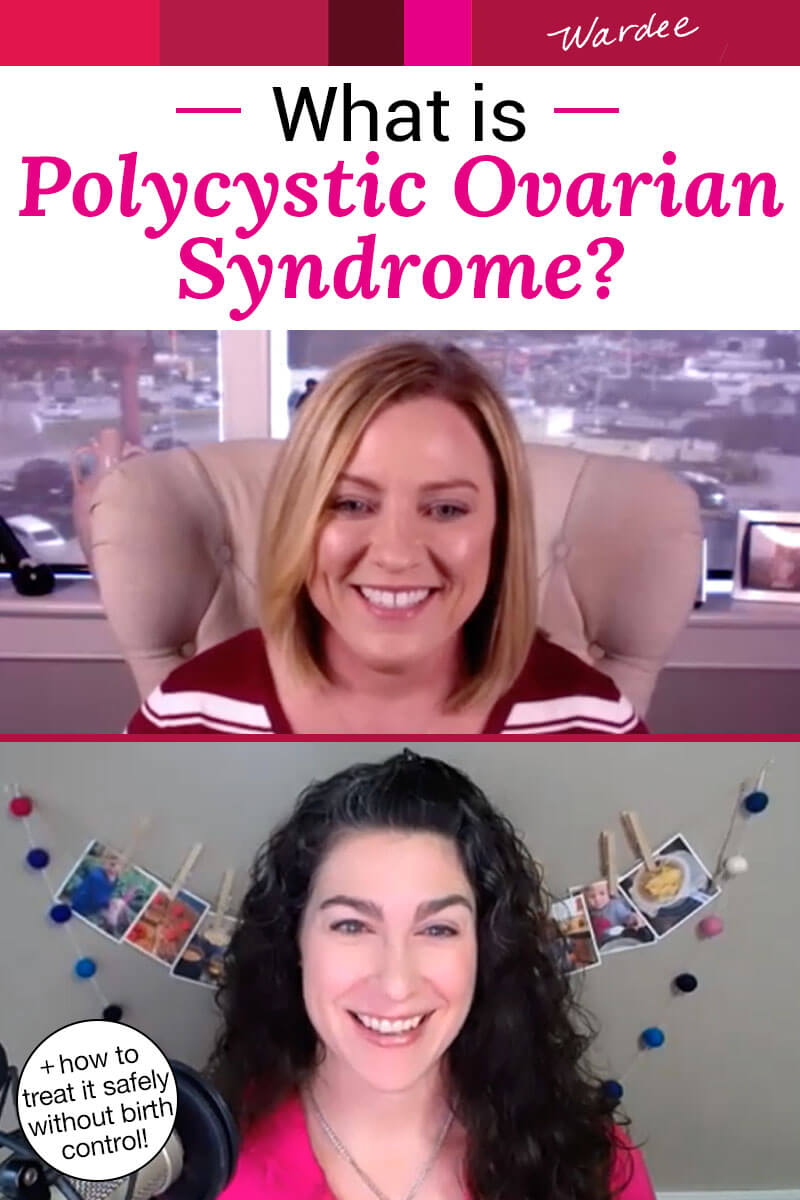how to treat pcos with birth control What is pcos? symptoms & how to treat it without birth control
PCOS, or Polycystic Ovary Syndrome, is a common hormonal disorder that affects many women worldwide. It can cause a range of symptoms, including irregular menstrual cycles, weight gain, and difficulty conceiving. While there are various treatment options available, one popular approach is using birth control pills. Let’s explore how birth control can help manage PCOS symptoms.
Using Birth Control to Treat PCOS
Birth control pills contain synthetic hormones that regulate a woman’s menstrual cycle. For women with PCOS, these hormones help to reduce androgen levels, which are typically elevated in this condition. By decreasing androgen production, birth control pills can improve symptoms such as acne, excessive hair growth, and irregular periods.
:max_bytes(150000):strip_icc()/taking-the-pill-for-pcos-2616584-5c04a331c9e77c000147c55e.png) Many women find that taking birth control pills not only helps to manage their PCOS symptoms but also provides them with more regular and predictable periods. This can be especially helpful for those trying to conceive or simply wanting to have a regular menstrual cycle.
Many women find that taking birth control pills not only helps to manage their PCOS symptoms but also provides them with more regular and predictable periods. This can be especially helpful for those trying to conceive or simply wanting to have a regular menstrual cycle.
It’s important to note that while birth control pills can be beneficial for managing PCOS symptoms, they don’t address the root cause of the condition. PCOS is a complex hormonal disorder that requires a comprehensive approach to treatment. Women with PCOS should work closely with their healthcare provider to develop a personalized treatment plan.
Alternative Approaches to PCOS Treatment
While birth control pills are a common treatment option, some women prefer to explore alternative approaches to managing their PCOS symptoms. Lifestyle modifications, such as adopting a healthy diet and engaging in regular exercise, can play a significant role in improving PCOS symptoms.
 Eating a balanced diet that includes nutritious foods can help regulate insulin levels, which can be disrupted in women with PCOS. Regular physical activity can also aid in weight management and improve insulin sensitivity. Additionally, stress management techniques, such as meditation or yoga, may help alleviate some of the mental and emotional challenges associated with PCOS.
Eating a balanced diet that includes nutritious foods can help regulate insulin levels, which can be disrupted in women with PCOS. Regular physical activity can also aid in weight management and improve insulin sensitivity. Additionally, stress management techniques, such as meditation or yoga, may help alleviate some of the mental and emotional challenges associated with PCOS.
Other treatment options for PCOS include medication to help regulate menstruation, fertility treatments for those trying to conceive, and in some cases, surgery. Each approach has its own benefits and considerations, and it’s crucial for women with PCOS to discuss their options with their healthcare provider.
In conclusion, while birth control pills can be effective in managing PCOS symptoms, they should be used as part of a comprehensive treatment plan. Lifestyle modifications, alternative treatments, and medication can also play a significant role in improving PCOS symptoms and overall well-being. If you suspect you have PCOS or are experiencing any symptoms, it’s essential to consult with a healthcare professional for an accurate diagnosis and to discuss the best treatment approach for your individual needs.
If you are searching about Best birth control pills for PCOS: Options and how they work you’ve visit to the right page. We have 5 Pictures about Best birth control pills for PCOS: Options and how they work like Using Birth Control to Treat PCOS (2023), What Is PCOS? Symptoms & How To Treat It Without Birth Control and also Best birth control pills for PCOS: Options and how they work. Here you go:
Best Birth Control Pills For PCOS: Options And How They Work
 www.medicalnewstoday.compcos
www.medicalnewstoday.compcos
Using Birth Control To Treat PCOS (2023)
:max_bytes(150000):strip_icc()/taking-the-pill-for-pcos-2616584-5c04a331c9e77c000147c55e.png) shopwoodinvillewine.comWhat Is PCOS? Symptoms & How To Treat It Without Birth Control
shopwoodinvillewine.comWhat Is PCOS? Symptoms & How To Treat It Without Birth Control
 wardee.compcos
wardee.compcos
What Is PCOS? Symptoms & How To Treat It Without Birth Control
 wardee.compcos wardee
wardee.compcos wardee
What Is PCOS? Symptoms & How To Treat It Without Birth Control
 wardee.compcos ovarian syndrome polycystic
wardee.compcos ovarian syndrome polycystic
Pcos wardee. Using birth control to treat pcos (2023). What is pcos? symptoms & how to treat it without birth control